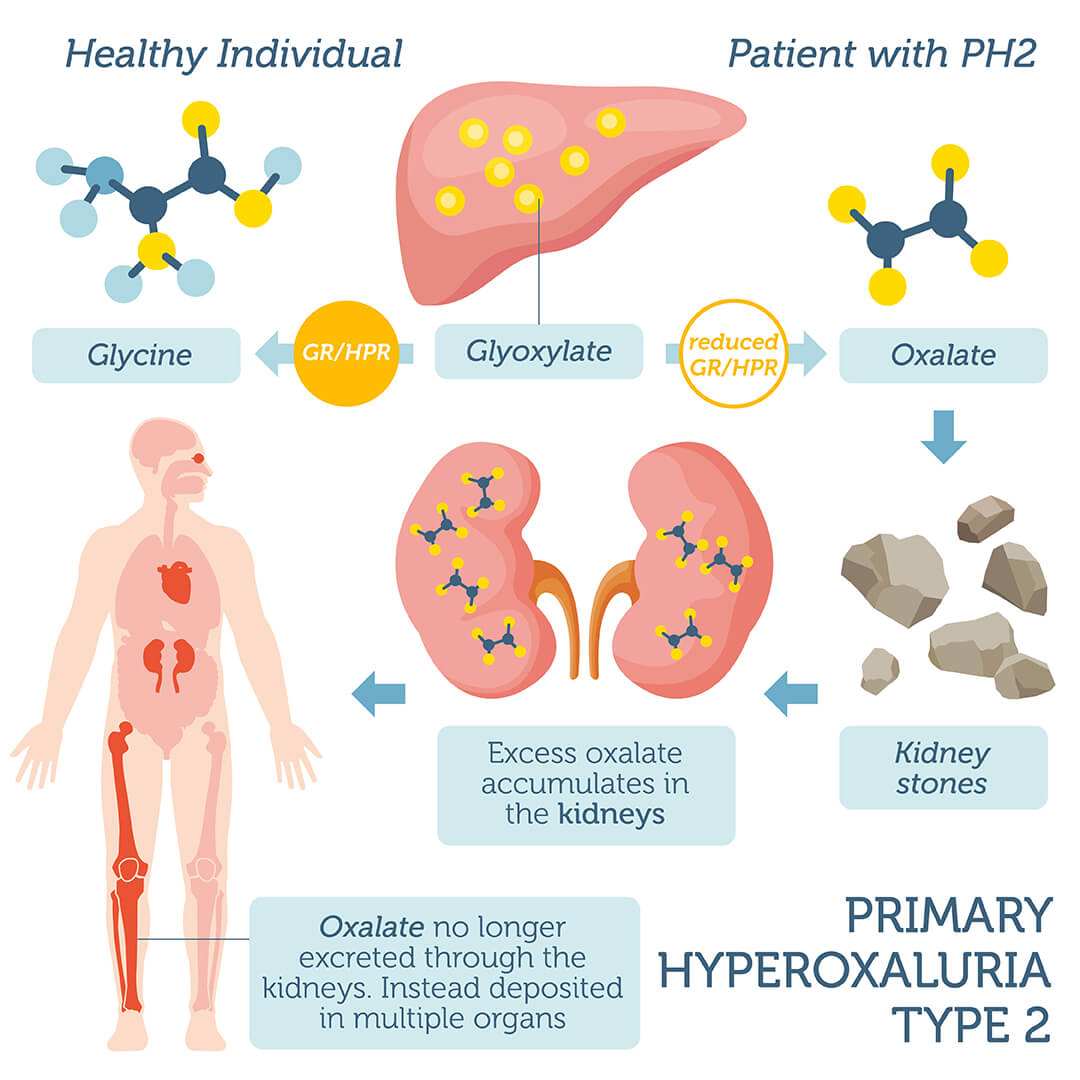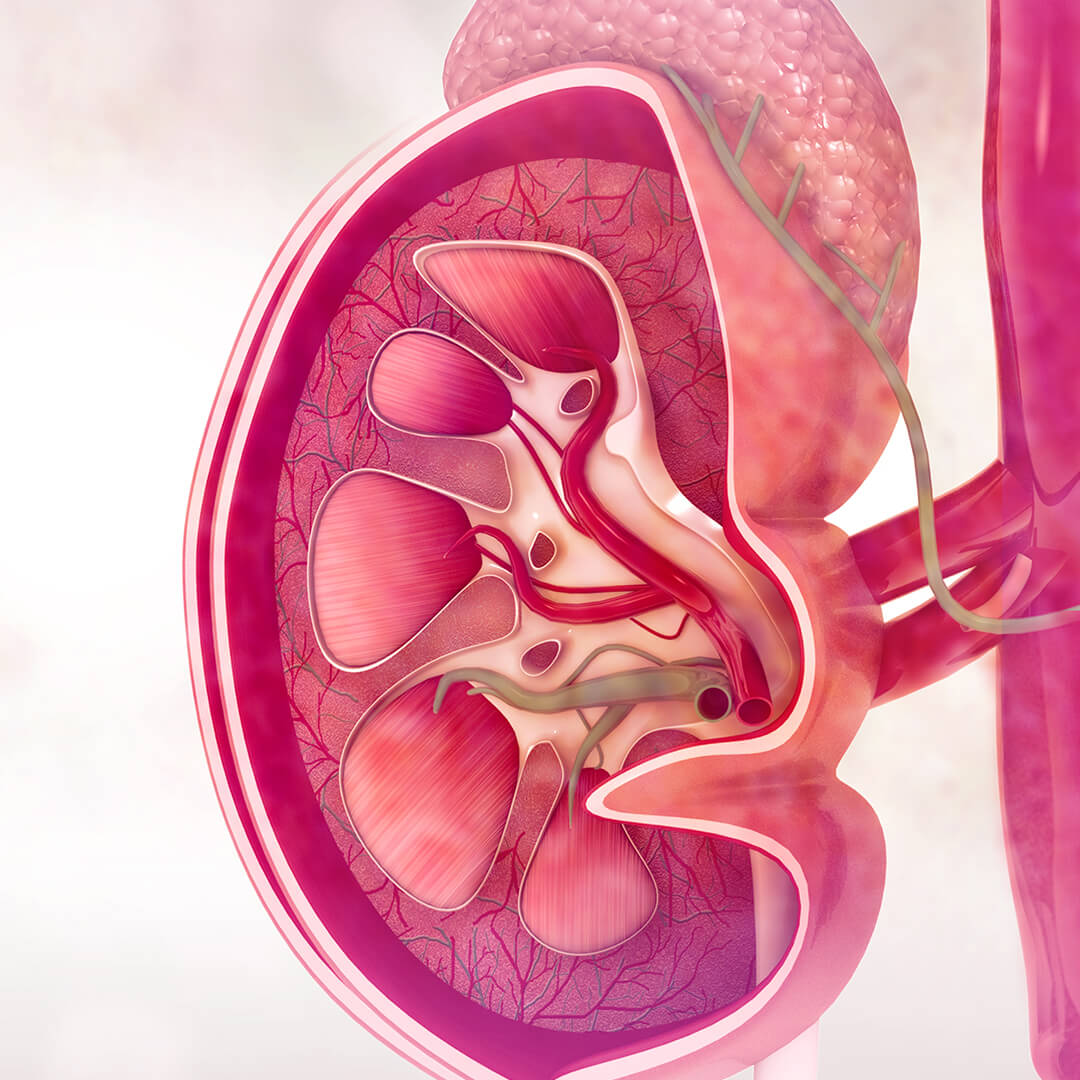Primary Hyperoxaluria Type 2 DNA Test
Are you a genetic carrier for primary hyperoxaluria type 2? Find out with this DNA Test.
- Detects a GRHPR variant which causes primary hyperoxaluria type 2
- Characterized by frequent kidney and bladder stones
- Carrier screening test intended for couples who are planning to become pregnant
- 100% private and confidential online results
Already have DNA markers? Sign in and upload your data to view results.
Need to take the DNA Test? Order our easy-to-use swab kit.





